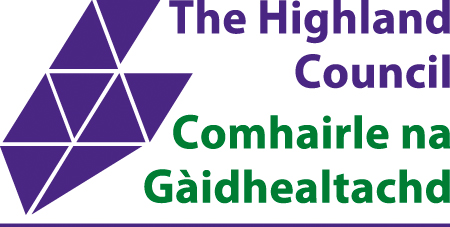Highland Council recovery programme is making progress

Members of Highland Council’s Recovery Board all recognised the excellent progress that has been made against the Recovery Action Plan since the last meeting in October.
In the previous report “good,” progress was reported against major areas of work, including Service Redesign, Workforce Planning and the Workforce Data Project.
The report before Members yesterday highlighted that these initiatives continue to make significant progress as ‘critical enablers’ for the Council to move forward into Recovery and are prioritised accordingly.
Four tasks under Key Priority 4 Financial Recovery Strategy and Key Priority 8 IT Transformation reported some slippage as of 30 September from a total of 69 tasks.
Councillor Alasdair Christie, chair of the recovery board, said: “The council continues to deliver against the extensive Recovery Action Plan while supporting resilience requirements and dealing with the effects of the pandemic in parallel. This is a difficult task and I would like to thank all staff, partner agencies and community volunteers who are supporting the recovery plans.”
The report also provided an update on the aspiration to provide the Board with ‘real-time’ reporting via existing IT systems. To that end it was reported that PRMS (Performance and Risk Management System) is almost complete and will allow instant information and updates on the progress the council is making.
Alasdair Christie said: “The workstreams we are working within include: Supporting the Highland Economy, Brexit Working Group, Tourism Committee and Leadership, Culture & Performance. At today’s board, the agenda includes updates on Workforce Planning, Brexit, Readiness and Buildings and Economic Recovery. These are all massive pieces of work but dealing with them all at the same time whilst challenging is being carried out extremely well and is well on track.”
In terms of the completed tasks the report highlighted the restoration of political governance, the completion of the financial recovery strategy, a task around workforce planning and development, one on service redesign and another on IT transformation.
Tasks which are ongoing and on track include lockdown agility (including schools re-opening), supporting the recovery of the Highland economy, community empowerment, digital transformation and leadership, culture and performance.
Members also noted that council services which support communities and deliver vital services across the Highlands, continue to receive and are able to access the necessary supplies of PPE.






